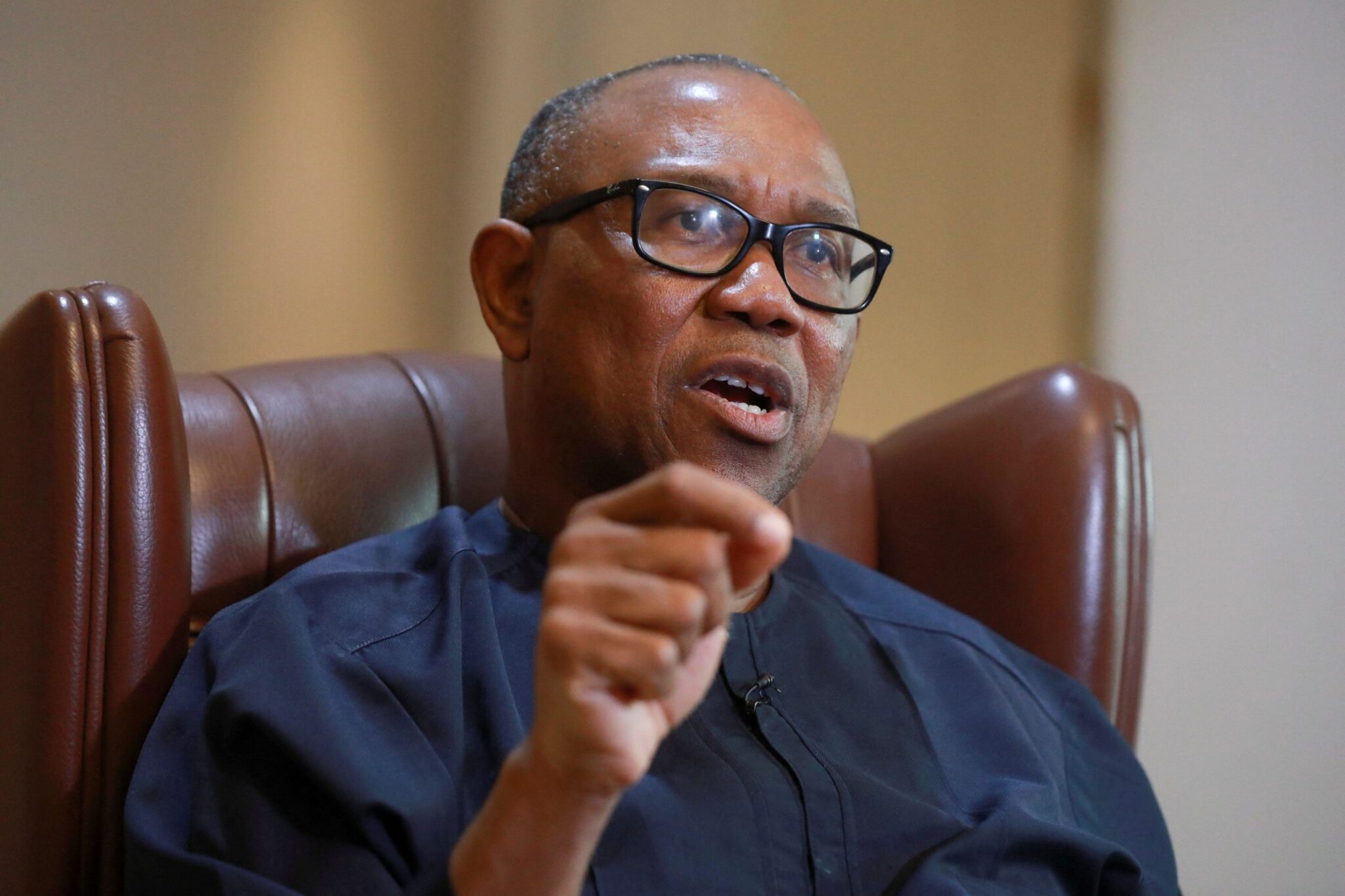Peter Obi has tackled CBN over the current increase in MPR to 22.5%.
NewsOnline Nigeria reports that the presidential candidate of Labour Party in the 2023 general election, Mr Peter Obi, has tackled the Central Bank of Nigeria (CBN) over its recent decision to raise Monetary Policy Rate, MPR, to 22.5 per cent.
This Nigeria news platform understands that Peter Obi, a former governor of Anambra state and business in his statement noted that “the label of being a vintage Onitsha-based trader does not in any way confer on me the status of an economic expert”.
ALSO: NAFDAC Cracks Down On Unregistered Sachet Water Factories In Anambra
Among his concerns are that the recent development will “further worsen the economic situation of most Nigerian households as it is bound to cause more job losses in the productive sector, especially manufacturing and other sectors that rely on bank loans and credit facilities for their funding needs”.
He also stated that; “Tightening liquidity in the financial system does not improve productivity, ie food production, which is the major cause of inflation in Nigeria. Moreover, only about 12% of N3.6 trillion of the total money in circulation is in the banking system which means that 88%, about N3.2 trillion is outside the banking system.
“So, this measure would rather be counterproductive as it would not address the intended purpose of managing the money supply. These new measures will worsen the fragile economy as the supply of funds would dry up for the real sector.
Obi in his analysis of the CBN’s recent decision said; “The new MPR rate hike will push the interest rate on loans to above 30%, which would be very difficult for the real sector operators especially manufacturers and SMEs to repay; resulting, obviously, in increased bad loans, and worsening the nation’s economic situation.
“The most critical way to manage our high rate of inflation and decline in production is for the government to address the issue of insecurity in the country, which will allow for increased food, and crude oil production, and an overall increase in production, which will make products, especially food, cheaper. This way we would increase our productivity as well as restore the confidence of FDIs and FPIs to come back to the country.
“I must caution that what the Nigerian economy needs now is hard-headed practical originality and results. Tinkering with classical economic theories can only deepen our crisis.”













